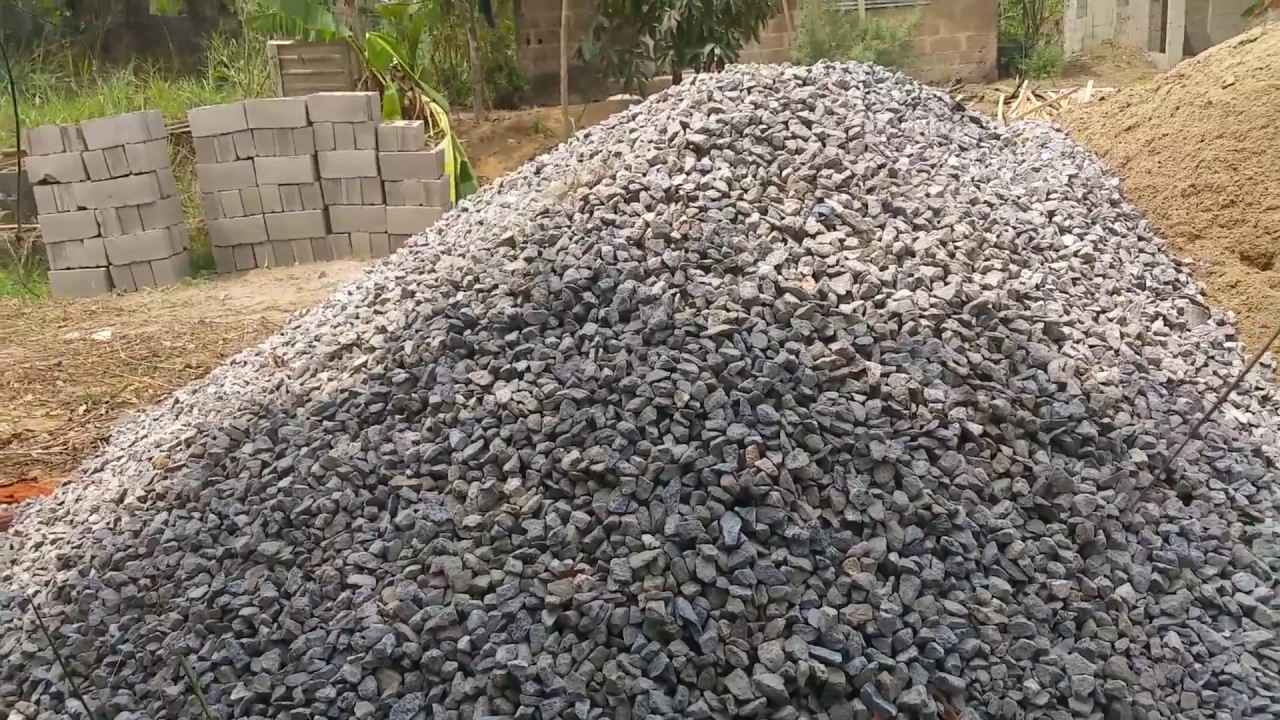Stone is one of the building materials whose prices have continued to rise.
Stones are not easily found throughout Nigeria.
Different locations in Nigeria have different types of stones.
In Nigeria, the two most common varieties of stone used in house construction are:
- Local Stones
- Gravel Stones (Chippings)
Gravel chipping stones are mostly employed in the construction of huge cities and megaprojects.
These are the most common stones used by Nigerian construction enterprises.
Local stones, on the other hand, are primarily used for private house construction and other small-scale project construction.
Local stones in Nigeria vary in quality, such as iron local stones and soft stones.
In this ARTICLE, we shall discuss the cost of a rip of gravel in Nigeria.
This contains the price of chippings stones in Nigeria as well as the price of local stones in Nigeria.
Stone Prices in Nigeria
The price and quantity of stones sold in Nigeria are determined by the type and quality of the stone.
Stones, unlike sand, are often not inexpensive. One of the causes contributing to the high cost of stone in Nigeria is that, unlike sands, it is not widely available.
Price of Gravel Chippings Stone in Nigeria
Gravel Chippings Stones are one of Nigeria’s most expensive kinds of stone.
In Nigeria, a journey of 5 tons of chippings stones costs between N98,000 and N110,000.
Gravel chipping stones are the ideal stones for building in wet locations and for house decking.
They are also ideal for large-scale project construction.
Price of Local Stone in Nigeria
Local stones are the most common form of stone used in Nigerian house construction.
The price and cost of local stone are determined by its quality. Ironstone is the best local stone.
A 5 tons shipment of native stone in Nigeria costs between N50,000 and N55,000.
This can also symbolize the popular query regarding the pricing of a stone tipper in Nigeria.
ALSO SEE: How Much Is A Trip Of Sand In Nigeria?
Cost of Stone in Nigeria
The average cost of stone in Nigeria is N52,000 for local stone, which is considered exorbitant, especially given the country’s quality of life.
Stones are quite important in the construction of houses.
Rural areas are some of the places in Nigeria where stones are mined and extracted.
Often, these commercial stone sales locations in Nigeria lack decent roads and other logistics.
All of this, combined with high taxes levied by government authorities on stone mining in Nigeria, contributes to the high cost of stones in Nigeria.
Ebonyi State, Enugu State, Ogun State, Edo State, Kogi State, and Osun State are among the states where commercial-quality stones can be found.
Aside from these states, stones are mined in other states in Nigeria, though not in commercial amounts comparable to those of the major stone-producing states.
We hope our post on the cost of stone in Nigeria is useful to people looking to find out how much stone for house construction costs in Nigeria.
Here are some fascinating gravel facts:
Gravel is a form of rock composed of tiny, loose stones. It is typically composed of rock fragments, sand, and silt.
Gravel is a common building material, particularly for road surfaces and as a foundation basis. It is also utilized as a landscaping ground cover and as a component in concrete and other building materials.
The size of the rocks in gravel determines their classification. Pea gravel is composed of small, round stones, whereas river rock is composed of bigger, flat stones.
Gravel is commonly utilized in locations with high foot traffic or vehicle traffic because it drains well and is simple to maintain.
Gravel is a naturally occurring material that is frequently mined from rivers, streams, and other bodies of water. It is also created by breaking down larger rocks into smaller bits.
Gravel can be white, grey, black, or red, depending on the type of rock used to make it.
Gravel can be utilized in a variety of ways, including as a paving alternative and as a decorative feature in landscaping.
I hope you found these gravel facts fascinating! Do you have any more questions?
